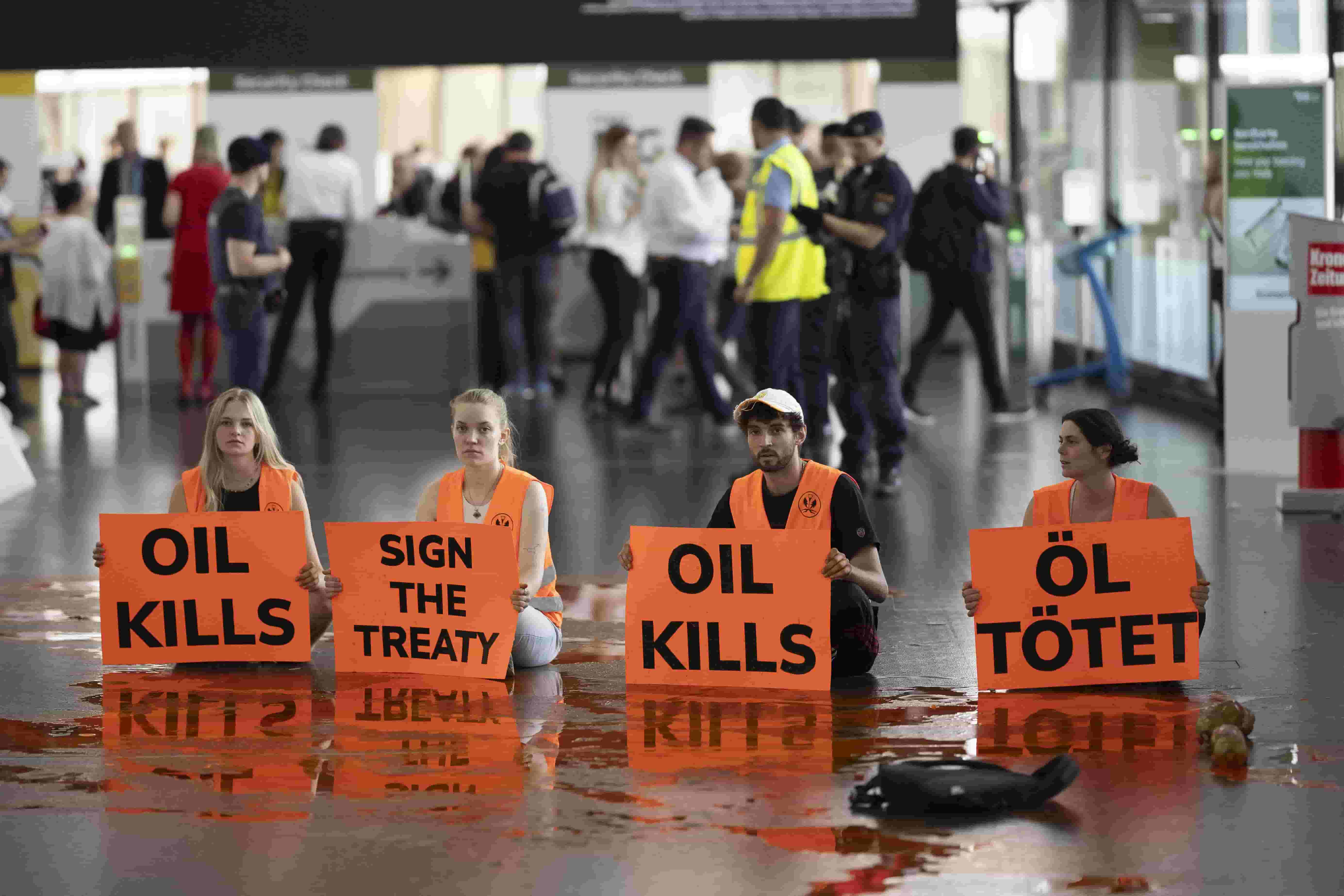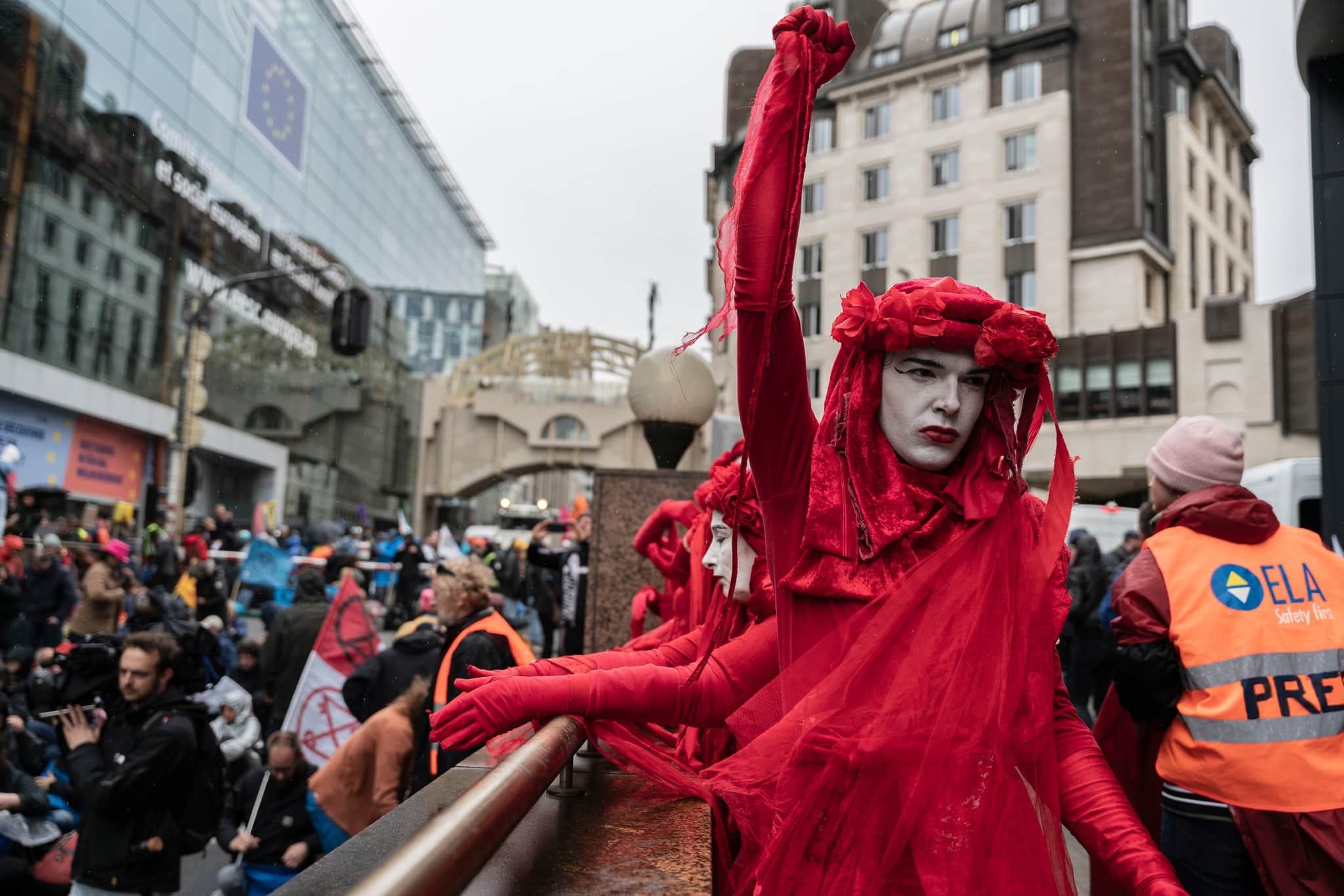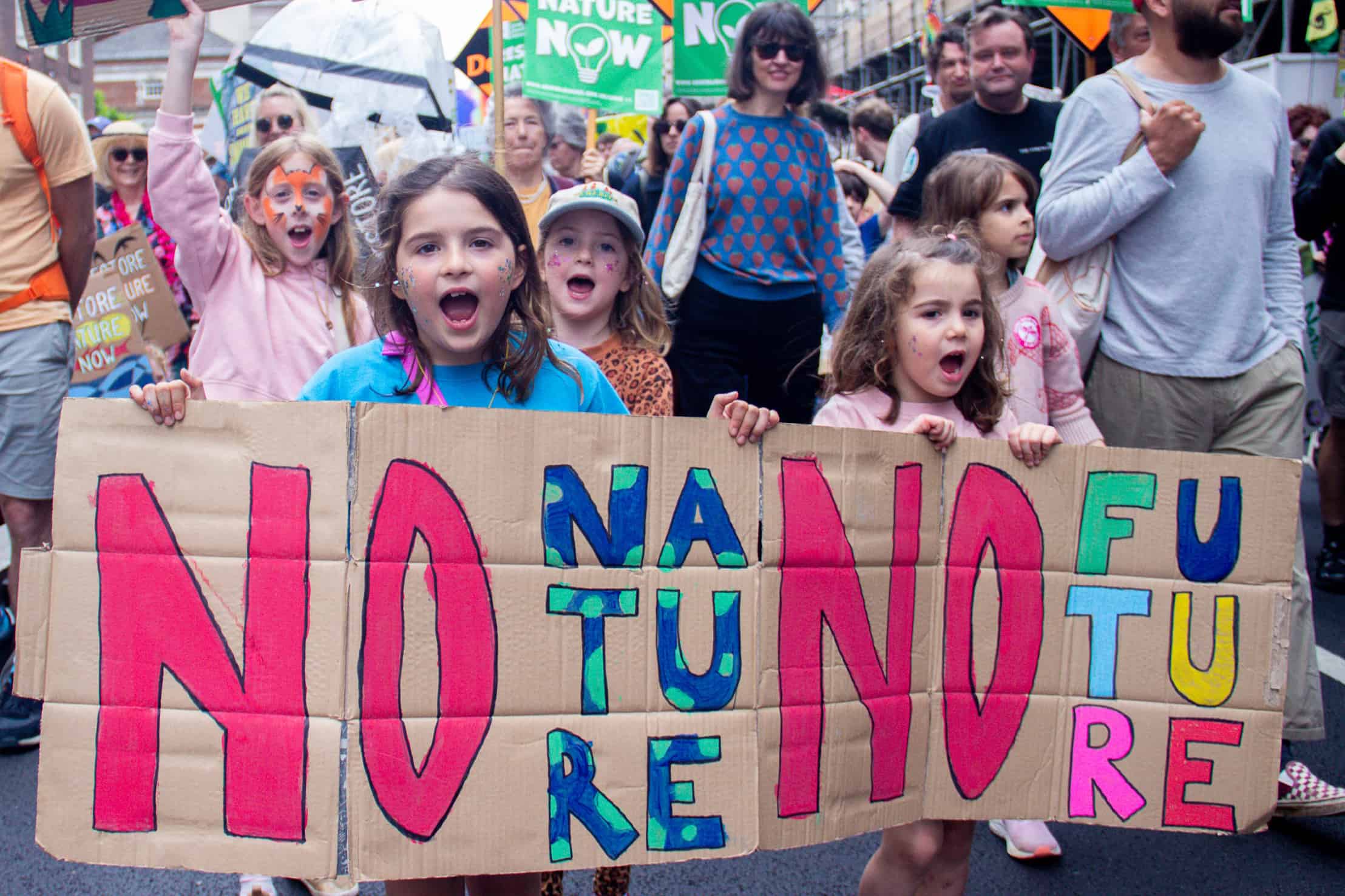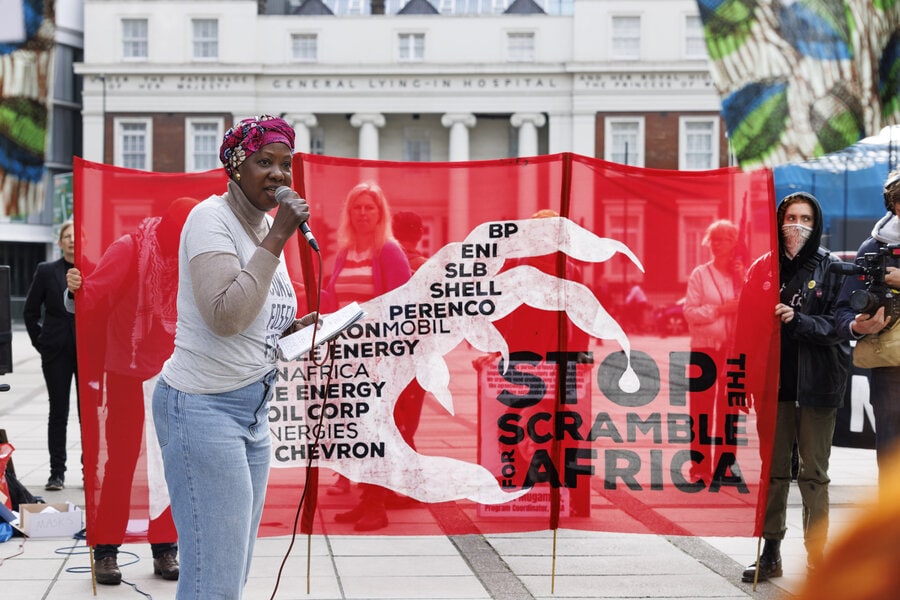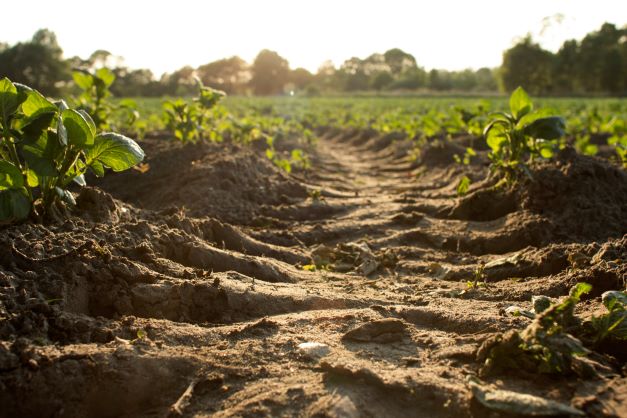
Image courtesy of Dylan de Jonge on Unsplash
The climate and ecological emergency (CEE) is a massive and daunting challenge. So in moments when positive news arrives, the healthy thing to do is pounce on it. The Sustainable Market Initiative’s new report, ‘Scaling Regenerative Farming: An Action Plan’, is one such moment, because it represents a significant absorption of radical environmental solutions by mainstream players. The question is, can we trust the mainstream players this time?
Why do we need regenerative farming?
Agriculture is the world’s largest industry, occupying approximately half of Earth’s habitable land and providing more than one billion people with a livelihood. However, contemporary industrial methods are placing agriculture and food supplies at risk by attacking ecosystems and degenerating land via chemicals, monocultures, and soil disruption. In addition, factors such as land-clearing, gasoline-powered machinery, and livestock methane emissions all contribute to climate change, which is in turn reducing global farming productivity.
Regenerative farming can remedy this by working with nature while growing plants, so that farming becomes sustainable. Methods for regenerative farming vary because every ecosystem is different, but common themes include keeping soil covered between harvests and eliminating synthetic, chemical fertilizers and herbicides.
Corporate intervention
The Sustainable Market Initiative (SMI) was launched by the then-Prince of Wales, at the 2020 World Economic Forum Annual Meeting in Davos, in a bid to ‘enable the private sector to accelerate the transition to a sustainable future’. Its members are all chiefs of their respective companies and include Larry Fink (Blackrock), Bernard Looney (BP), Punit Renjen (Deloitte), Grant Reid (Mars), Ramon Laguarta (Pepsico), and Stella McCartney; it doesn’t get more mainstream than that, but please try to withhold your skepticism for just a few more paragraphs.

Image courtesy of Abenteuer Albanien on Unsplash
The SMI is divided into task forces and this new report is a product of the Agribusiness Task Force. That’s Mars, Bayer, HowGood, Indigo Agriculture, McCain Foods, McDonald’s, Mondelez, Olam, PepsiCo, the Sustainable Food Trust, Waitrose & Partners, and Yara International. In our March 2021 article, What is Regenerative Agriculture and Can it Feed the World?, we noted with hope how the North American food giant General Mills was researching the scalability of regenerative agriculture. Extinction Rebellion would be among the first in line to criticize the diabolical environmental records of companies like McDonald’s or PepsiCo, but there’s no denying their scale; to see such massive corporations getting behind regenerative agriculture is monumental.
The SMI is not simply acknowledging regenerative agriculture, however. In this report, it’s trying to understand why regenerative agriculture is not spreading as rapidly as the CEE demands and do something about it. Citing a global regenerative farming conversion target of 40% by 2030, the report summarises the findings of three 14-week studies. These were conducted at a commercial contract UK potato farm, a smallhold basmati rice farm in India, and a mid-sized, family-run wheat farm in the USA.
What’s striking about these directly quoted findings from ‘Scaling Regenerative Farming’ is that they might sound quite familiar to you:
-
“We must shift our mindset”
- Or you might say: Rebel against the status quo
-
“Make decisions based on the balance of evidence, not precise costs and valuations”
- Also known as: Listen to the science, not the accountants
-
“Get better at collaboration”
- In other words: Prioritize communities
-
“Develop new models, not only sustainability teams”
- Or you could call it: Fundamental system change
-
“Be guided by local specificity and cultural awareness”
- That’s starting to sound quite a lot like: Actively respect traditional land custodians
In its own formal and comfortably worded way, the SMI has echoed what you’ll hear if you spend a couple of hours at a climate justice protest... we can’t help wondering if the SMI has realized that yet.
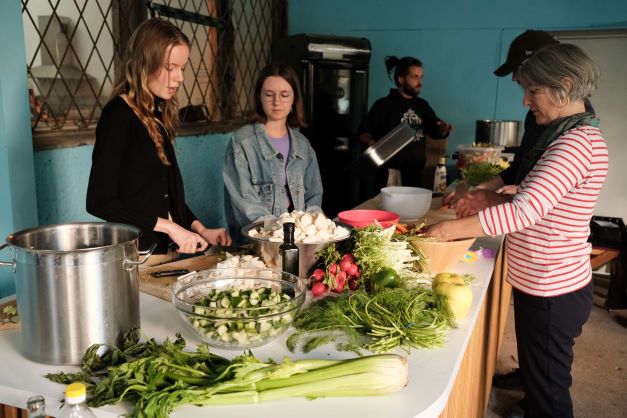
Image courtesy of the XR Global Media Library
Is this report just empty virtue-signaling?
This report is impressively detailed and ultimately practical in nature. The Sustainable Market Initiative sounds like an expensive greenwashing factory (it counts Shell and BP among its members), but it’s clear that the SMI task force behind this particular report is desperate to turbocharge farming reform.
Why? Because unlike some polluting industries, such as plastics or fossil fuels, agriculture will eat itself if it does not become sustainable. If farming continues on its current trajectories, difficulties in growing food will spread. In other words, the industry's fundamental reason for existing is threatened. The recent call for a mass shift to precision fermentation would theoretically render the contemporary agricultural system obsolete, while vertical farming points to diversification, but the biggest threat to the world's largest industry is its own degenerative practices.
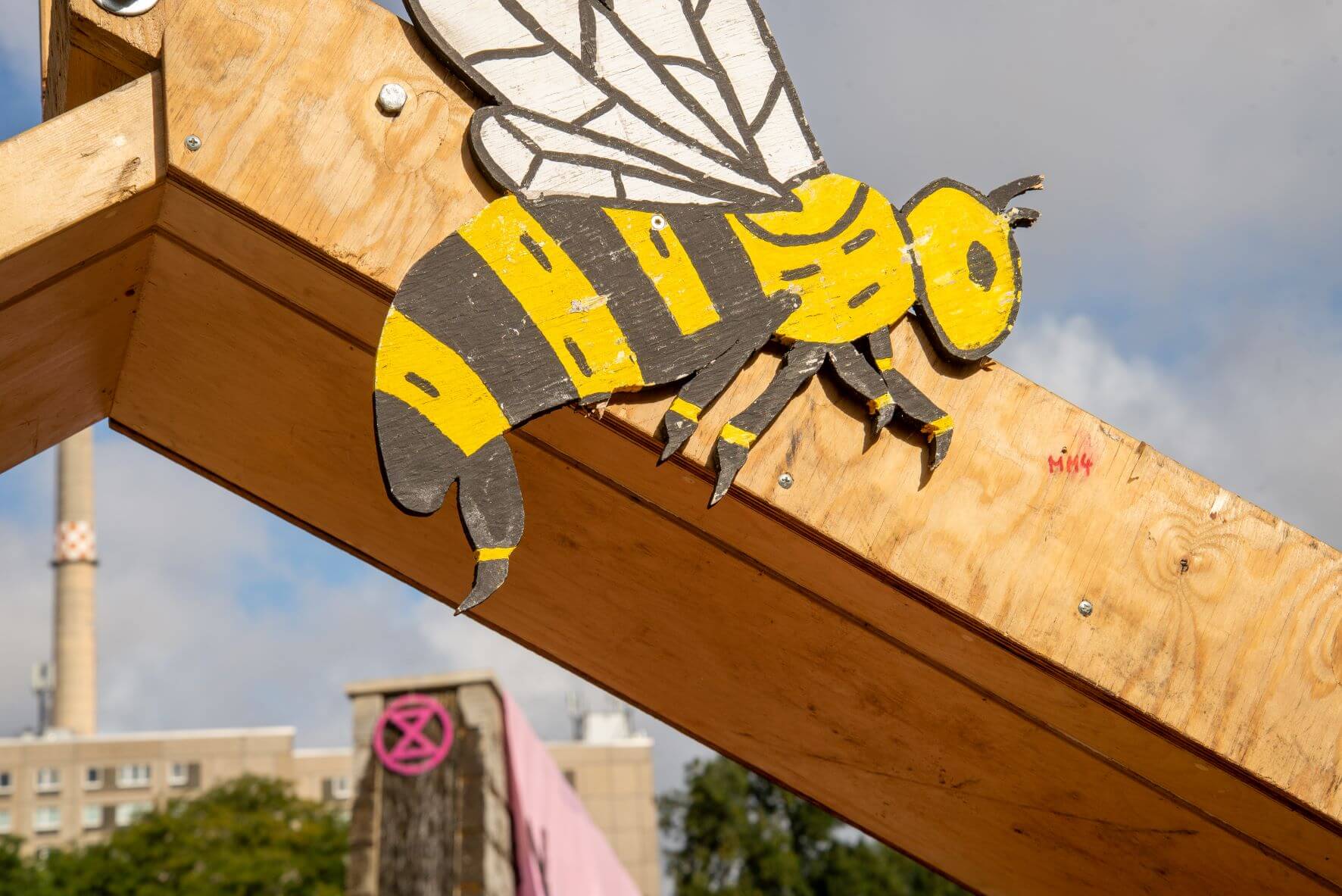
Image courtesy of Giulia Ferla via XR Global Media Library
Imagine if a task force of huge energy companies assembled to figure out why renewables aren’t replacing fossil fuels as rapidly as the CEE demands, then took logical, practical action? This is extremely unlikely to happen, because huge energy companies have massive, temptingly profitable reserves of fossil fuels at their fingertips; agriculture does not have that luxury.
Whatever their motivations may be, we should be cautiously optimistic that many of those who control our food supplies are taking the future seriously.
Download the Sustainable Market Initiative’s ‘Scaling Regenerative Farming’ executive summary here or the full report here.
